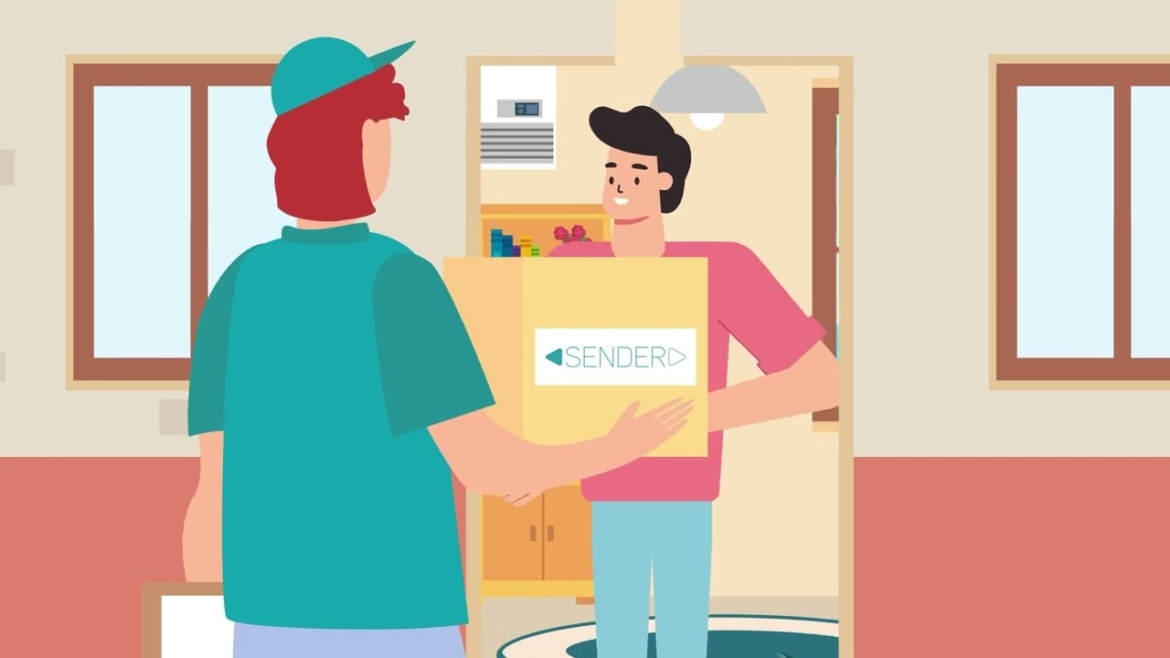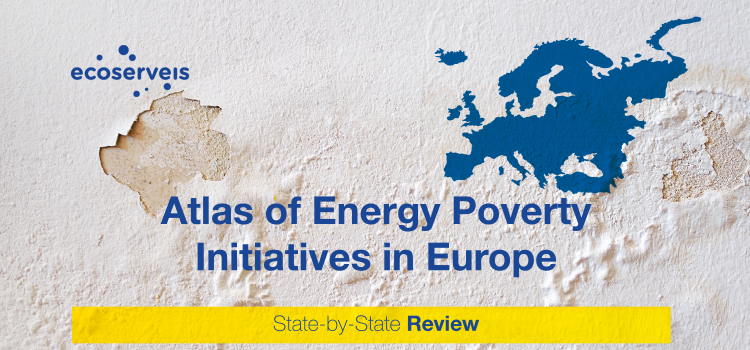As the EU moves towards sustainable energy, co-creation is the future of the energy service market. In the context of continuously increasing, highly distributed renewable generation, grid operators require more flexibility from the grid, this entails a shift in the balance of power, turning customers into a new generation of collaborators and putting them at the heart of the energy sector. The SENDER project is financed by the European Commission, under the H2020 programme, which aims to develop and test the next generation of energy service applications for proactive demand response (DR), home automation convenience, and security mechanisms. In this line, by engaging customers in a co-creation process, the project will shift DR from a reactive to a proactive approach.
The project’s consortium counts with member of 7 different European countries, being SMART INNOVATION NORWAY as the project coordinator. The project partners are:
Since consumer engagement is one of the main issues to be addressed to develop demand response mechanisms in Europe, the Sender project will procure consumers engagement all along the project lifecycle and beyond by making them participants of the co-creation process and the further design and development of project solutions. Moreover, the project will develop a pro-active demand response system based on consumer patterns in order to better forecast consumption. Based on this segmentation of consumers it will be possible to develop digital representations of real-world consumers or consumer systems, called digital twins, which will help the grid operator or separate aggregators (energy cooperatives, energy communities) to better identify, exploit and commercialize the flexibility potential of specific consumers and share the benefits with consumers, resulting in an optimized grid management. Finally, the Sender project will also develop an innovative business model that shares profits between consumers and grid operators and will contribute to the creation of a legal and regulatory framework that accelerates and facilitates the implementation of pattern-based DR technologies.
In order to do this, the Sender project will validate the elaborated use cases (energy solutions), which will be defined by a Co-creation Steering Group, in 3 demonstration sites:
- Otaniemi, Finland: this pilot is based on existing Smart Otaniemi pilots, called Aggregator Business Pilot and Smart EV Charging, therefore they will mainly focus on Electric Vehicle Charging providing their expertise in working both with DR and EV, nevertheless, through this pilot they will extend their work towards consumers engagement strategies and consumption patterns to be able to count with the necessary tools to predict the flexible capacity available at every moment in the future.
- Weiz, Austrian: mainly focused in optimization in the electricity use, changing consumers’ behaviour by installing smart meters in around 150 households, this way using the Sender technology to improve the household’s energy behaviour and reduce their energy consumption. Currently, there is not a real-time monitoring system for energy demand, nor a demand response management system. Preferably households with PV systems and electric cars will participate in the project
- Alginet, Spain: an electric cooperative owned by the end-users, which already counts with smart meters. It will mainly focus in improving the network management through the testing of DR services and including entities with more technological interests to reach other type of people profiles, since they have worked a lot with pensioners and vulnerable energy consumers.
Each of the mentioned regions will work as pilot regions for testing the different used cases. The three involved regions represent different cultures and have a different socioeconomic context, this way providing a wide spectrum to facilitate the replication of the solutions after the end of the project. Besides, the used cases, a guideline with consumer engagement strategies will be developed in order to help the different pilots reaching and retaining consumers into demand response mechanisms in the most efficient possible way.
The Sender project started on October 2020 and will be running for the next 4 years, until September 2024, with a total budget of 6.759.618,69 €, from which 5.836.574,96 € are the EU contribution.




